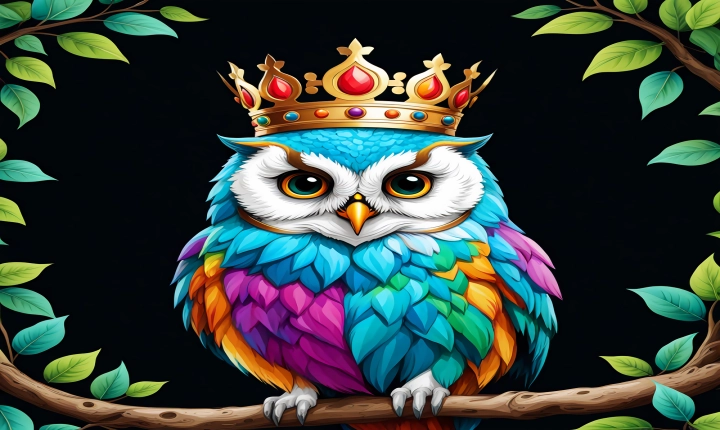Certainly! Here’s an article on the topic:
Title: Can I Sell AI Art? Understanding the Legal and Ethical Implications
Artificial intelligence has revolutionized the way we create and consume art. With the advancement of AI technology, we are now seeing the emergence of AI-generated art that blurs the lines between man-made and machine-generated creativity. This has led to a growing interest in the commercialization of AI art, raising important questions about the legal and ethical implications of selling such art.
One of the main concerns surrounding the sale of AI art is the issue of ownership and copyright. When an AI algorithm generates a piece of art, who owns the rights to it? In many cases, the creators of the AI algorithms argue that they should be considered as the authors of the art, as they are the ones who programmed the software and provided the input data. On the other hand, some argue that the generated art should be considered a collaborative effort between the AI system and the human creator, leading to joint ownership of the art.
Another legal consideration is the protection of AI-generated art under intellectual property laws. In many jurisdictions, copyright laws are designed to protect the original works of human creators, raising questions about whether AI-generated art can be afforded the same level of protection. Additionally, the issue of attribution becomes more complex when AI systems are involved in the creative process, making it a challenge to properly credit the contributors to the artwork.
From an ethical standpoint, the commercialization of AI art raises questions about the authenticity and intentionality of the creative process. Traditional art is often valued for the unique expression and individuality of the artist, whereas AI-generated art challenges these notions by producing pieces that are devoid of human emotion and intention. This has led to debates about the intrinsic value of AI art and whether it can be genuinely considered as a form of artistic expression.
Despite these challenges, the sale of AI art presents unique opportunities for artists, collectors, and art enthusiasts. AI-generated art has the potential to push the boundaries of creativity and inspire new artistic movements. It also opens up new possibilities for collaboration between human artists and AI systems, leading to the creation of innovative and thought-provoking artworks.
In order to navigate the legal and ethical complexities of selling AI art, it is essential for stakeholders to engage in conversations about defining ownership rights, attributions, and protections for AI-generated works. Establishing clear guidelines and frameworks for the commercialization of AI art will be crucial in ensuring that the rights of all involved parties are respected and that the integrity of the artistic process is maintained.
As AI technology continues to evolve, the intersection of art and artificial intelligence will undoubtedly continue to challenge our understanding of creativity and expression. By addressing the legal and ethical implications of selling AI art, we can foster a more inclusive and responsible environment for the commercialization of AI-generated works, while also embracing the potential for new forms of artistic innovation.
